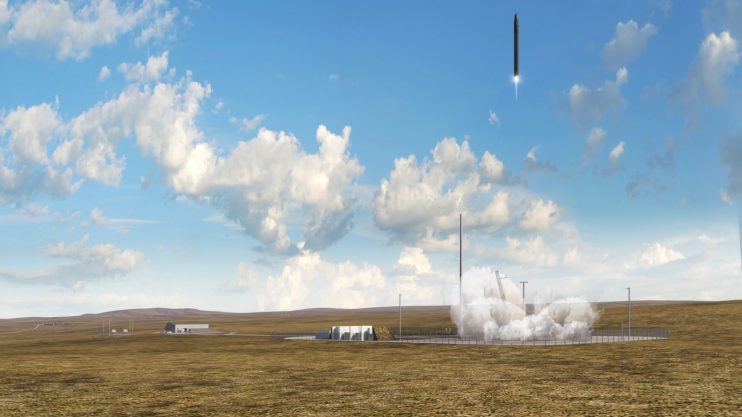Space nation: UK looks to make finance more accessible for space tech firms

The UK is looking to grow itself into a space nation, according to the government’s space strategy published today, as it looks to make finance more accessible for space tech firms.
It marks what prime minister Boris Johnson called the “start of the countdown”, as the country readies itself to begin sending its first launches into space from UK soil from 2022.
The UK is due to become the first launching-state in Europe, jumping into a global industry which the Department for Business, Energy and Industrial Strategy (BEIS) has forecast to be worth some £490bn by 2030.
The country’s ambitions for so-called New Space, the increasing commercialisation of the space sector, will see it bolster its satellites, satellite communications, spacecraft, navigation systems and highly complex payload manufacturing.
The government also said it would be issuing its first-ever Defence Space Portfolio – which will involve in investing £5bn over the next decade in the military’s satellite communications and a further £1.4bn into new tech.
More accessible finance
Making private finance more accessible to space tech companies in a bid to promote innovation is a key goal.
Chair of London-listed space investment trust Seraphim, Will Whitehorn told City A.M.: “We’ve had some Great British success stories, like Inmarsat, now we need to start doing this on a number of companies.
“This strategy will give investors in the City the confidence to consider space investments.
“If we see the billions that have already gone into space companies, then we should be encouraged.”
Global warming
Climate change has been a clear driver in the country’s ambitions for New Space.
Johnson added that the strategy is about “putting the UK firmly in the front rank of the global space industry and harnessing the technology of space to solve problems and improve public services back down on Earth.”
Earth observation for climate modelling, navigation and satellite broadband are what the government is currently focusing on for its orbital endeavours.
While it is also hoping to muscle in on early leadership positions in emerging markets such as in-orbit servicing, space travel and habitation and active debris removal.
Whitehorn suggested that highly pollutive data farms, as well as solar power should be transferred from Earth to space.
“All the most polluting industries can move outside the Earth’s atmosphere,” Whitehorn added.
“This is probably the most joined up the Government has ever been on the subject on the space industry and what needs to be done.
“Space is crucial to the future of this country and the future of humanity. It is the only way we are to survive on this planet.”